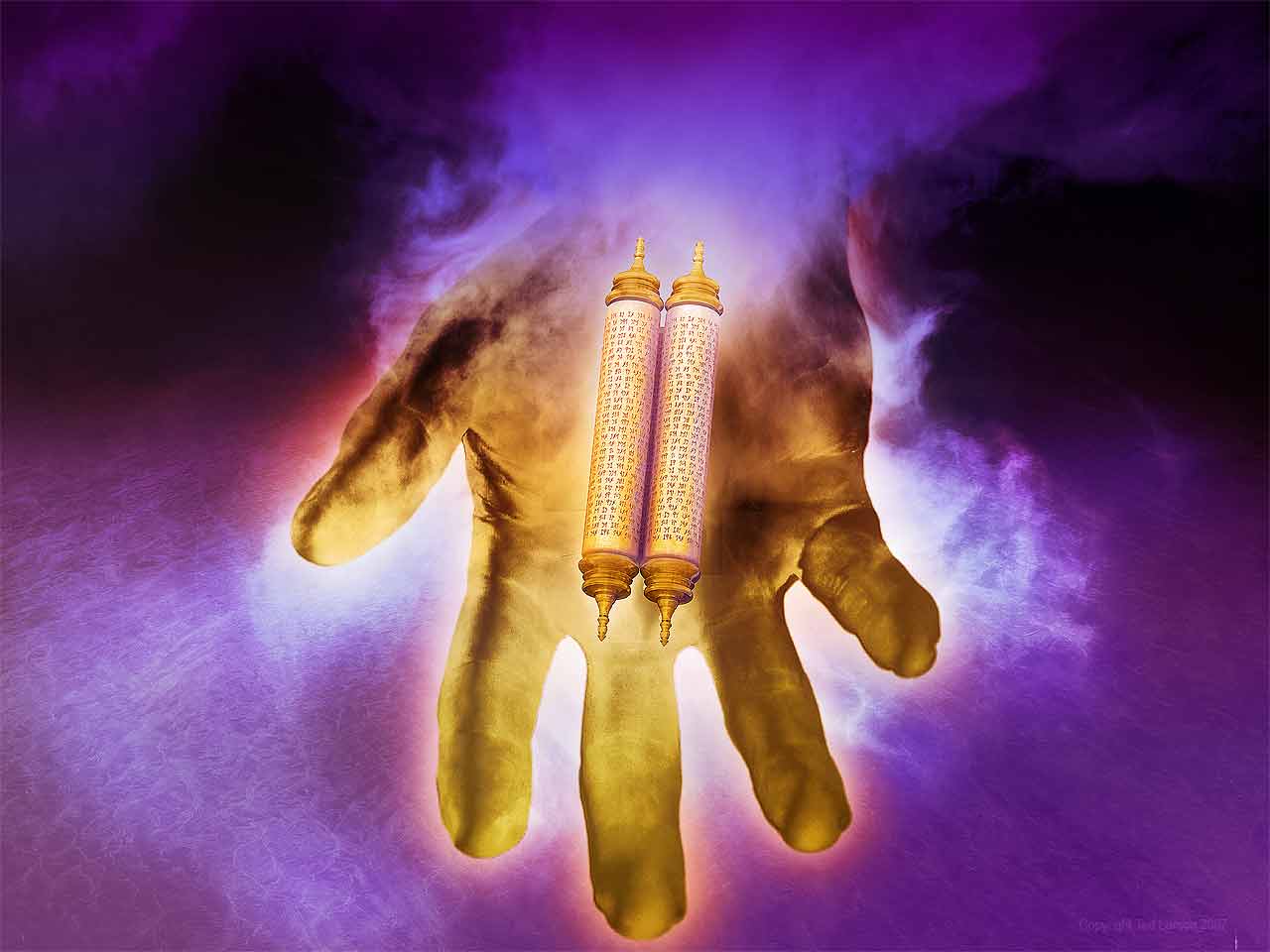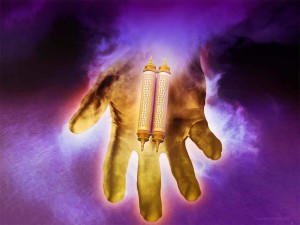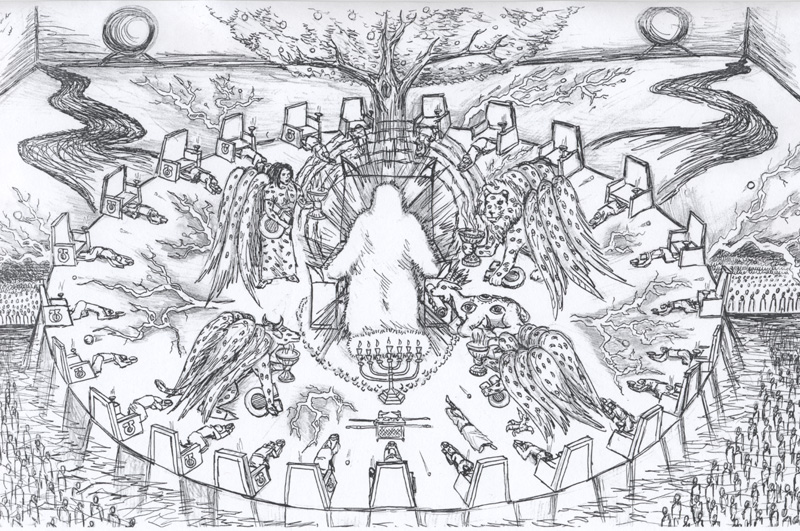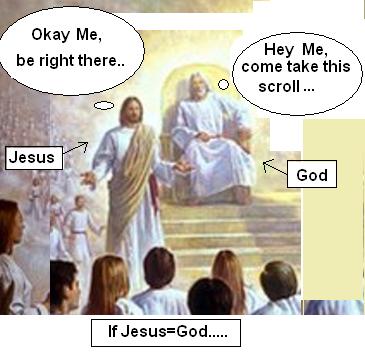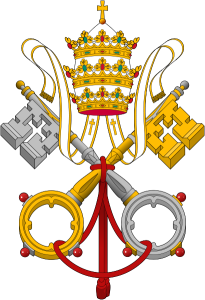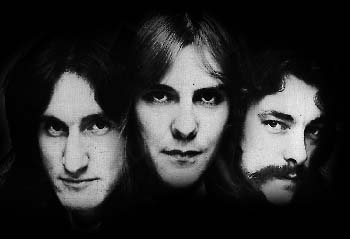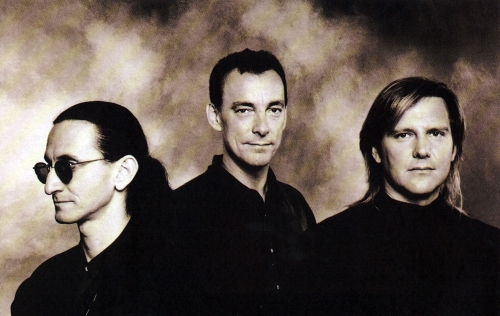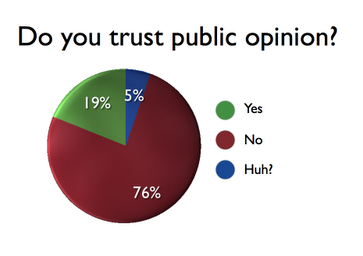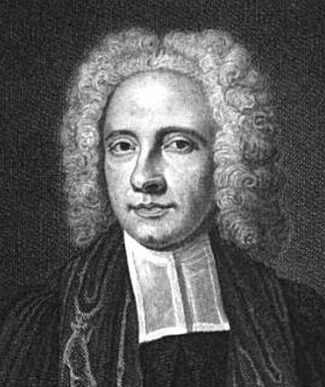“Sabellianism Reconsidered” Considered – Part 4
 The theory, then, is that God is an everlasting, temporally extended thing with three temporal parts, each of which is a god. But, they’re the same god as God. Yet as we saw last time, how can the Three be gods at all, as each exists at some times but not others?
The theory, then, is that God is an everlasting, temporally extended thing with three temporal parts, each of which is a god. But, they’re the same god as God. Yet as we saw last time, how can the Three be gods at all, as each exists at some times but not others?Without going into the arguments for this controversial thesis, Baber appeals to the claim made by Derek Parfit and others, that “identity is not ‘what matters’ for survival”. (p.6) Thus, a future thing can count as my surviving, though it is not (numerically) identical to me.
Suppose (I’m stealing this thought experiment from Richard Swinburne) some mad scientists, such as Pinkie and the Brain, are going to cut my brain in half, and put the left half in one body, and the right in another. The body which gets the left half will be tortured to death, while the body getting the right half will be given lifetime passes to all NFL games and a lifetime supply of good beer. If I’m to undergo this experiment, I want to know which of these resulting people will be (numerically identical to) me: the unlucky one, the lucky one, or neither.
Baber (following Parfit) wants to say that depending on how exactly the resulting people are related to me, both may count as the continuation of or survival of me. Specifically, she suggests that psychological continuity is enough – it is enough that the later people have the same or nearly the same beliefs, desires, and so on that I have.
I don’t think this is right, but back to the Trinity: In her view, the god which is a God-stage (temporal part of God) called the Father would, just before the Incarnation, be mistaken to think Read More »“Sabellianism Reconsidered” Considered – Part 4
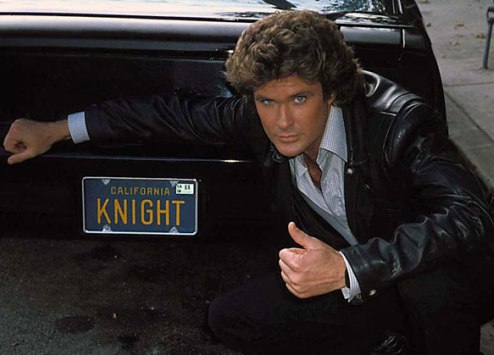




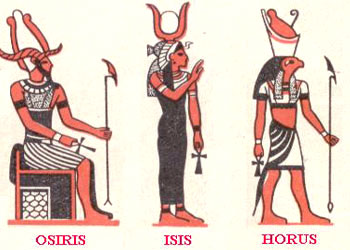
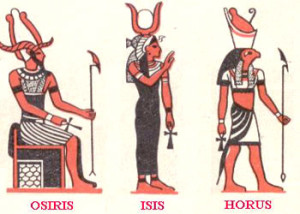

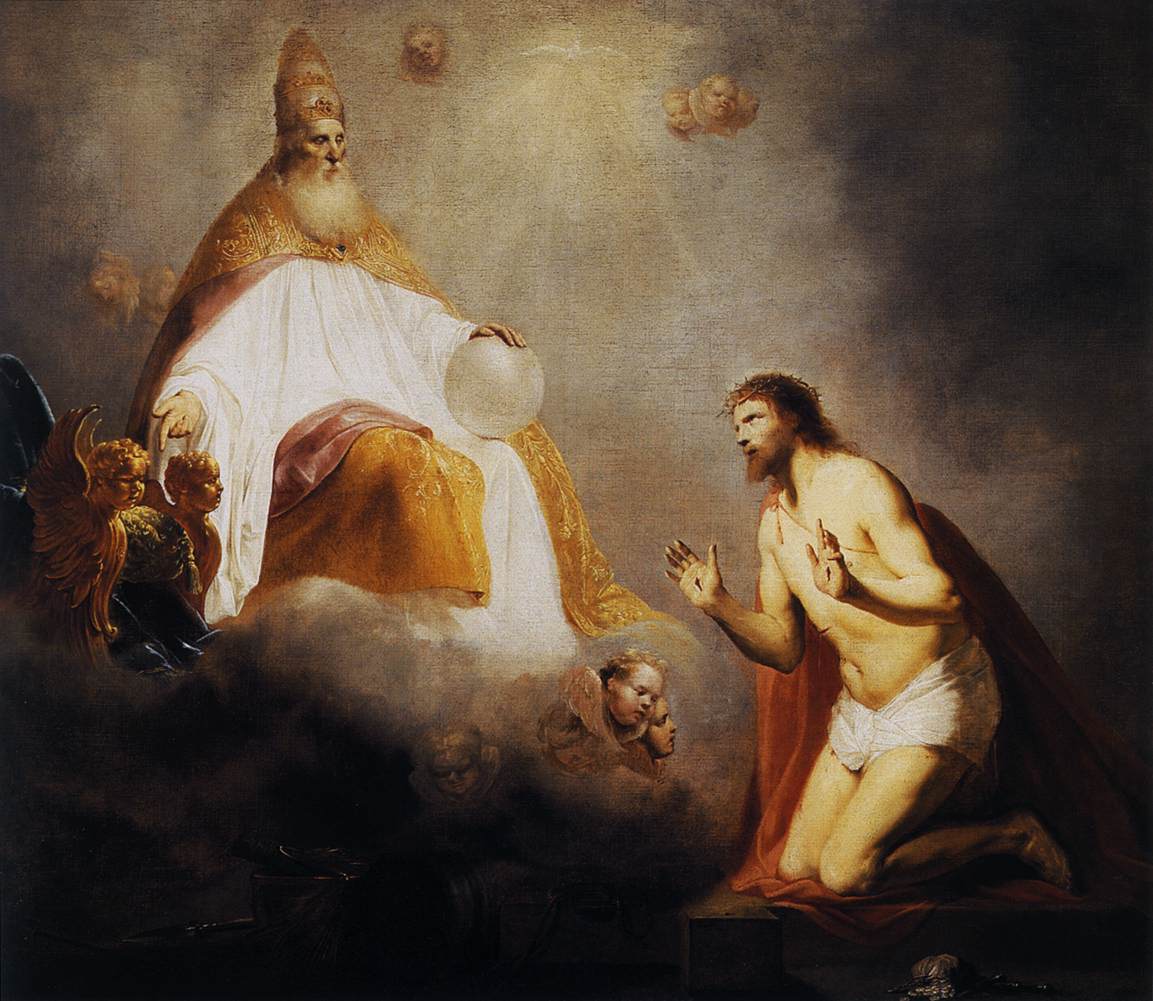

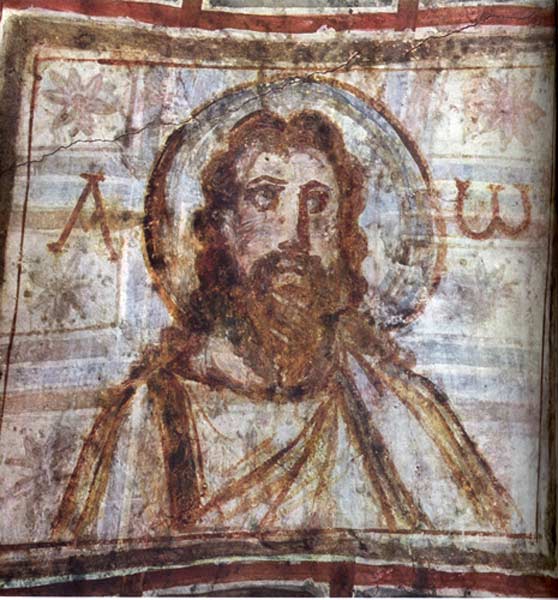
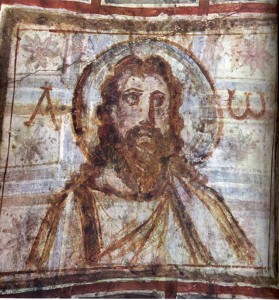 Last time
Last time 